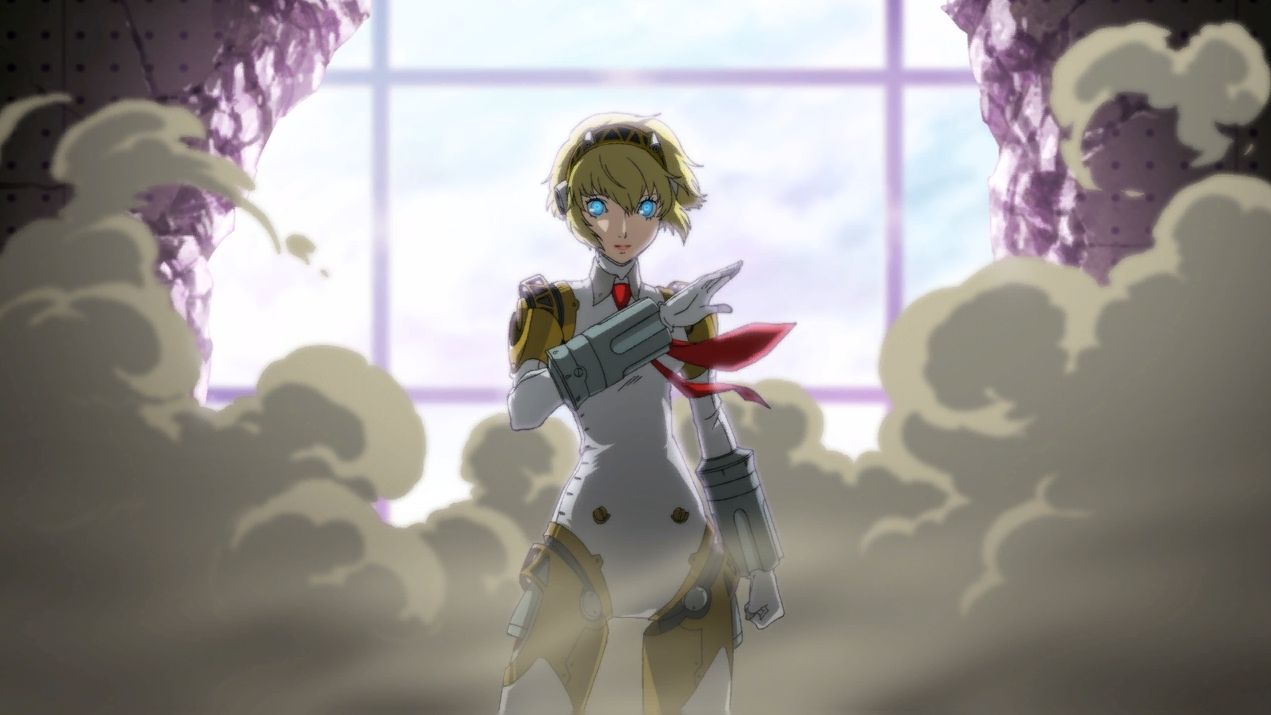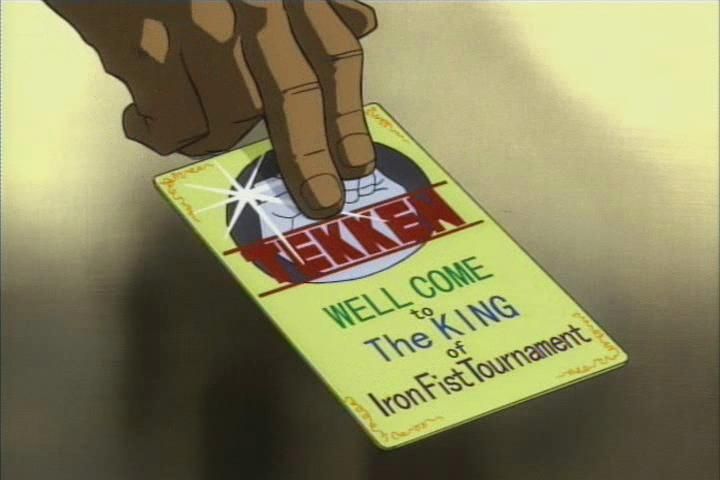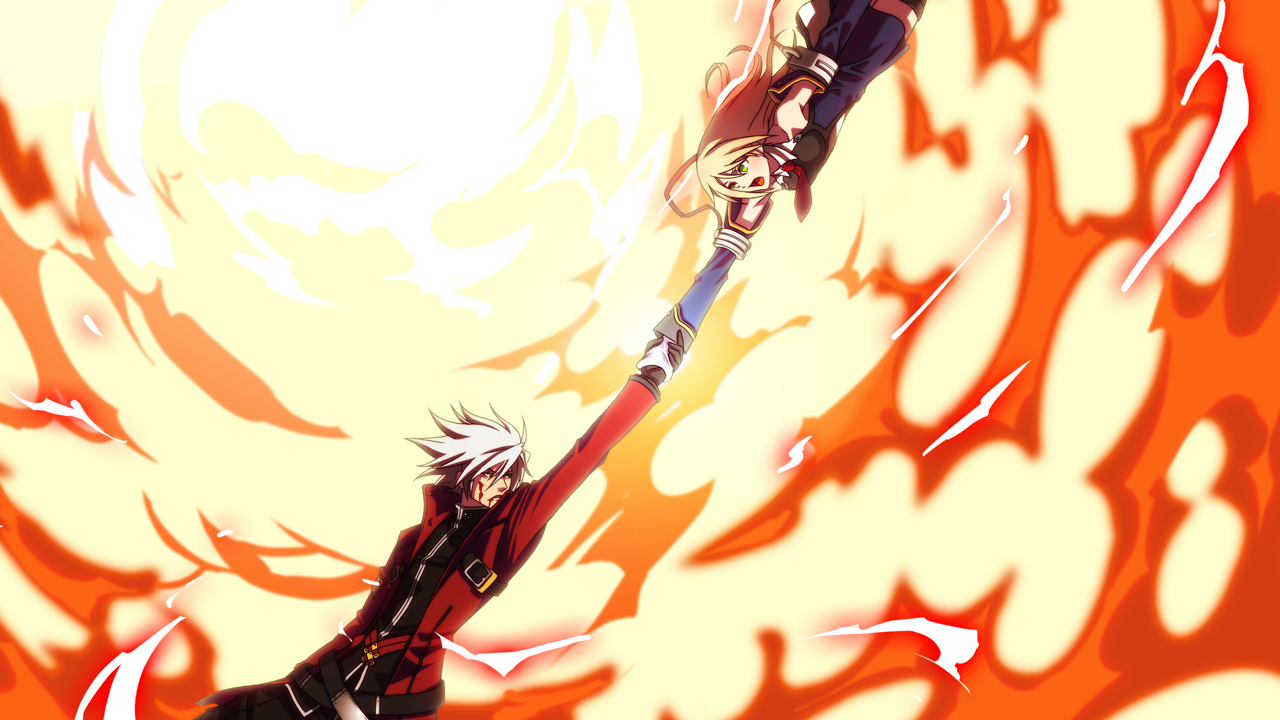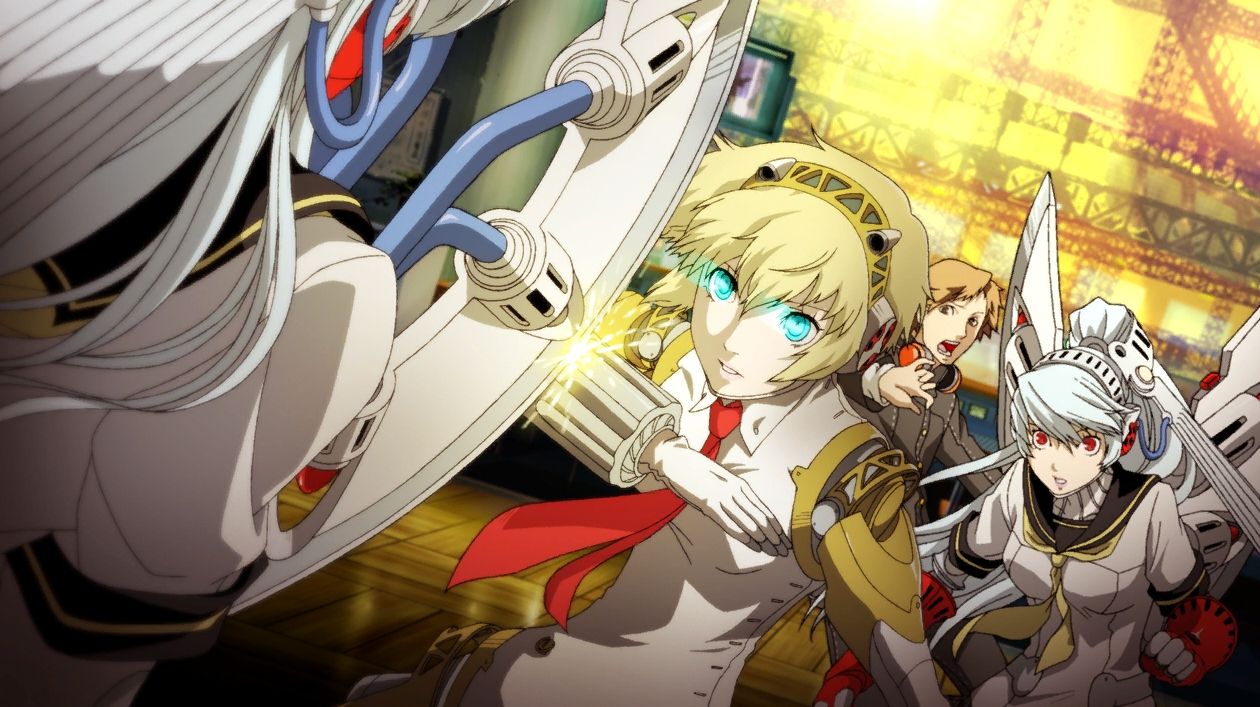Capcom’s Christian Svensson recently shared the company’s desire to implement more story related single player content in their popular fighting franchises. Capcom is the home of Street Fighter, which is what many consider to be the world’s most popular fighting game series. The concept of this addition seems to have somewhat split the fighting game community. Competitive players don’t want or need better stories in their fighters, while players less privy to play fighters at tournaments or at the high level in general would love to see story content that extends beyond the arcade mode that has become a genre standard.
I believe that developers should indeed aim to create engaging narratives for their fighting games. I believe that doing this will ultimately be very beneficial to the fighting game community, as well as to the genre in general. Please allow me to briefly explain why.
Story is important. As fighting game fans, we may sometimes sleep on or altogether forget about stories. The core narrative elements in most fighters typically lead back to a tournament or fighting competition of some kind, which is more than enough of a reason to grab your arcade stick and mash away. However, I think that we only feel this way because this is what we’ve become accustomed to. If a good story appeared more frequently in the more popular fighting games, then we would eventually come to expect it from the genre. Just think about that for a moment.
Imagine if an RPG or an adventure game launched with the same dearth of narrative value some fighting games have. Those games would be critical failures and the lack of story is something players would hold against the games. That’s because players have come to expect interesting and well conveyed stories from games in those genres. This isn’t so with fighters only because of how rare good stories are in them. And things don’t become “right” or “okay” just because you become accustomed to them.
If other gaming genres have raised the bar here, why should fighting games be an exception? A journey to become the world’s strongest warrior isn’t going to cut it for much longer.
Fighting games should have better stories because stories add value to games. As a competitive or hardcore fighting fan, you may feel that a competent fighting system with lots of depth and nuance is all of the value you need out of a fighter, and that’s fair. However, I think it goes without saying that hardcore competitive fans are the minority nowadays. For better or for worse, games can’t get by on their deep systems alone anymore. They need flash, they need bang, they need something to catch the eyes of players who typically wouldn’t be concerned with them.
For example, I have a friend that loves Blazblue. He sucks at fighting games, but he’ll watch me play it all day long and he’s in love with the game’s characters, story and world. He doesn’t play at the high level and isn’t at all concerned with tournaments – nor should he have to be - but he bought a copy of the game. If a fighter has a good story and characters, it can entice players who don’t typically like fighting games. Maybe this will be the first step in the player really learning the game and becoming competitive, maybe it won’t. That’s only important if you play competitively.
More people picking up a game casually to enjoy its story – the same people, mind you, who would otherwise not be picking up a fighter at all – will eventually result in more people playing the game seriously and competitively. More good players is good for the fighting game community, right? A bigger local fighting game scene and bigger sales must be somehow related, right? If you’re a genre elitist, you might wonder why it’s important for someone who doesn’t like fighting games to buy fighting games.
It’s actually really simple: the more people buy fighting games, the more money the developers make and the more fighting games get developed. You like fighters, don’t you? You want more of them to be made and made better, don’t you? Then you should also want more people to buy them, and better developed characters and stories can help with this.
I can also say from personal experience that being better connected to the characters helps you get a lot more out of a fighter, or any game, actually. In Blazblue, have you ever heard the way Nu talks to Ragna? The way Jin talks to Ragna? The way Litchi talks to Arakune? It’s so much deeper than “I’m going to defeat you!”. These characters have backstories and developed relationships. Sure this doesn’t matter to anyone only playing for big combos and impressive execution, but the uninitiated may very well wonder why a cold, robotic being like Nu suddenly starts squealing like an enamored school girl when Ragna enters the ring. Blazblue explains this in its long, developed story.
I would bring up Persona 4: Arena as another example. Sure it has an advantage compared to other genre entries thanks to being based on JRPGs with wonderful stories, but Persona Arena has a story of its own. Aigis explains the things she’s gone through in her story campaign. Her struggle and her determination are part of the reason I use her. She made the decision to live. She’s come too far to lose here. And she’s been through similar things to Labrys so she can comfort and teach her. So when a fight begins, I’m just as determined to win as Aigis herself.
When we win, I feel truly accomplished as I watch her win pose – because she can now carry out her mission. When we lose, I'm determined to fight harder next time. In fact, I have Aigis’ depiction in Arena to thank for compelling me to go buy Persona 3.
To take things a bit further, fighting games should not only have deeper stories, but better conveyed stories as well. Sure Blazblue tells a rich story and has developed characters, but it would be borderline impossible to briefly explain it to someone who knew nothing about the game. It starts off simply enough with the tale of the six heroes and the black beast, but things quickly get quite convoluted with talk of boundaries, cauldrons, idea engines and causality weapons.
Mortal Kombat also has a richer mythology than some fighting franchises, but its canon is a Rubik's Cube of cyborgs, ninjas, sorcerers, heroes and elders. As a result of this, the newest Mortal Kombat game streamlines and condenses the events of Mortal Kombat, Mortal Kombat II and Mortal Kombat 3 into a single three hour campaign, leaving lots of important narrative points poorly explained or omitted altogether.
Fighting game stories - and perhaps video game stories in general - should be simple and easy to understand and explain.
What's also strange about all of this is that many fighting games and their characters actually do have backstories - they're simply never really explained or expanded upon. Newer players have no doubt been left wondering why Ryu and Ken fool around before their matches or why Cody runs from the cops in his win pose in Super Street Fighter IV. Did you know that Chun-li is an interpol officer? If you do, you probably didn't learn this in Super Street Fighter IV's rival scenes. The series in general does very little to explore and explain its characters and world.
Capcom's own Darkstalkers has some of the coolest characters I've ever seen, but the games tell you virtually nothing about them. What is the exact nature of Morrigan's relationship with Lilith? What is going on with B.B. Hood? Just what is Rikuo supposed to be? Sure, if you're really interested you can just learn about these characters on the internet, but wouldn't it be amazing if the games went into rich detail about the fighters and their motivations, backgrounds, et cetera?
I might be the only player on the planet who looks this deeply into elements like this, but somehow I don’t believe that. The fighting systems are the hallmarks of the fighting genre. They won’t be suddenly vanishing because the developers want to establish more of a reason for their characters to be fighting each other. It’s actually kind of silly to think that. If done correctly, adding better stories should do just that – add to the game, while leaving the precious fighting mechanics wholly intact. It isn’t unprecedented.
Because they could result in better sales, which will result in more players, bigger scenes and, ultimately, more (and better) fighting games, I think it’s very important that developers create richer, more compelling worlds, characters and stories for their fighters. Considering the potential benefits, I’m not sure how any genre fan could disagree.





